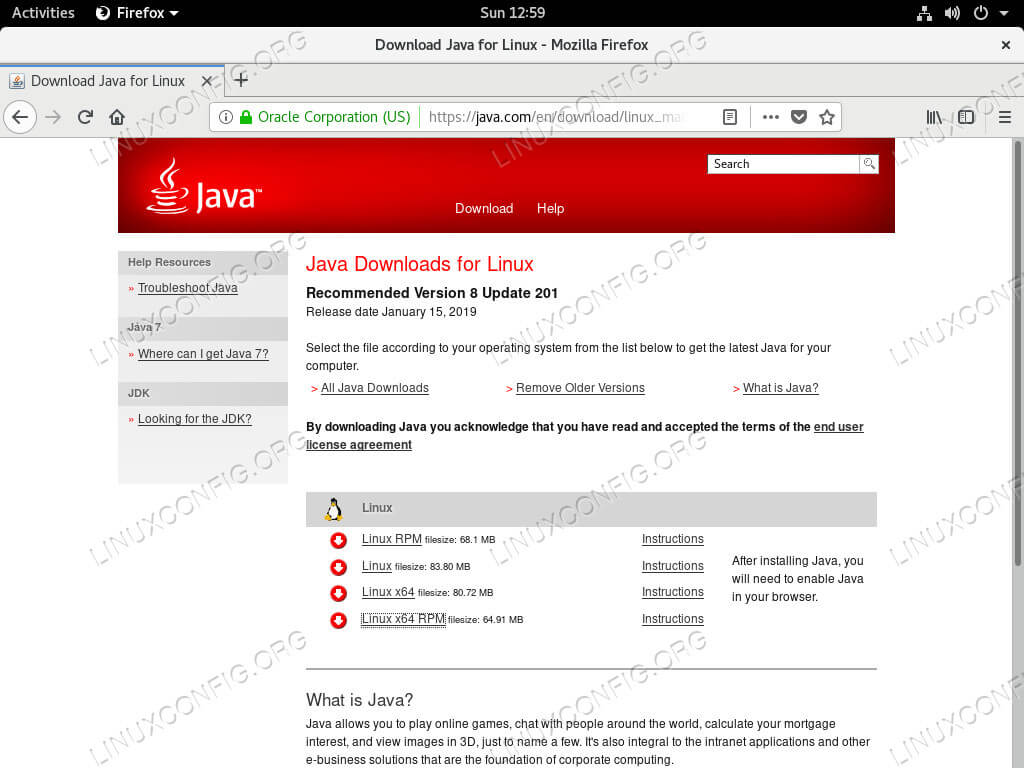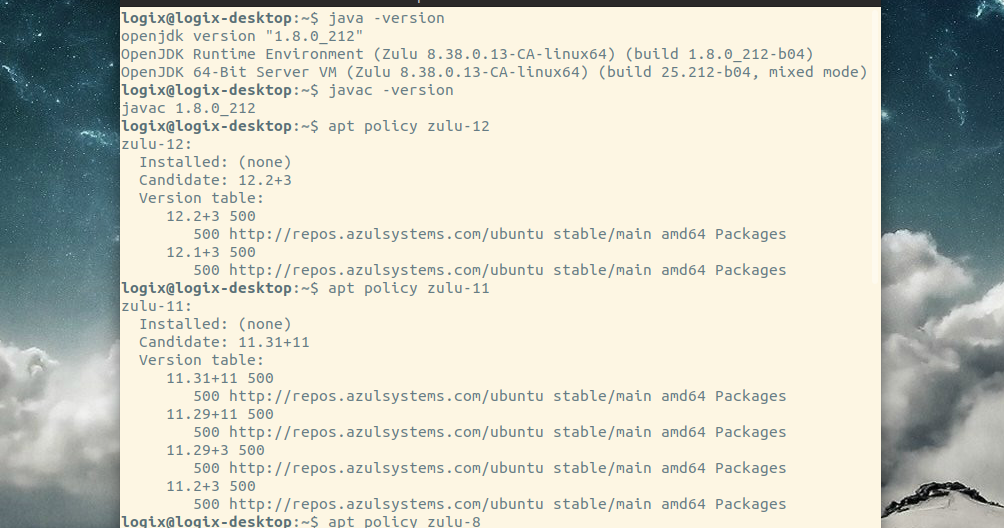

- #Install openjdk 11 redhat install
- #Install openjdk 11 redhat zip file
- #Install openjdk 11 redhat update
- #Install openjdk 11 redhat manual
You will need to repeat the above steps each time there is a new patch release for Java 11.ġ - I suspect that if you upgraded your OS to the latest RHEL 7.x release or an 8.x release, you would be able to install OpenJDK Java 11 from the RHEL package repos. The downside of a local install is that yum won't be able to upgrade it for you. Or sudo yum localinstall example_file.rpm roothost2 dnf install java-11-openjdk-devel.x8664 Last metadata expiration check: 0:09:28 ago on Fri Aug 21 15:19:11 2020.

To install this version, run the following command. using wget) you can manually install an RPM using sudo rpm -i example_file.rpm As you can see above, the version we want to install is: java-11-openjdk-devel.x8664 : OpenJDK Development Environment 11. Or you could upgrade 1 RHEL.Īfter downloading (e.g. The rpmfind site doesn't list any RHEL endorsed packages, but the CentOS 7.x packages should be compatible with RHEL 7.2. gives download links for the available versions of OpenJDK Java 11 from from.You can also find RPMs for OpenJDK Java using. (Access it restricted to people / organizations with a RHEL license, I think.) If you do, the yum install approach should work. The above command prints the Zulu OpenJDK version you just installed.You should be able to get the RPM via the RHEL 7.x package repository, but maybe you don't have access to that repository. Go to command prompt and type java -version Once the Azul Zulu OpenJDK 11 Download and installation is complete, we can verify the installed Zulu OpenJDK version 11 using Command Prompt.Ĭlick on Windows Search Button and type cmd and then click on command prompt shortcut. Go System Properties and then to Edit the system environmental variables and Click on Environment Variables.Īdd path variable if its not already added and click OK to finish Step #4: Verify On windows follow the below steps to set the Zulu OpenJDK 11 classpathĬopy the extracted Zulu OpenJDK 11 bin pathĬ:\Program Files\Zulu\zulu11.12.0.1-jdk11.0.71-win_圆4\bin.Set the Zulu OpenJDK 11 bin path in the environment path.Example output: As the above output states, OpenJDK 11 JDE and JRE are available to install. In your terminal, use the following command. Right-click zulu zip package>, and then click Extract AllĪll Zulu files for the OpenJDK are expanded into appropriate folders relative to the Zulu directory.Ĭ:\Program Files\Zulu\zulu11.12.0.1-jdk11.0.71-win_圆4 The first and most recommended option is to install OpenJDK using the default Ubuntu 20.04 repository. Extract the downloaded Zulu zip package to a reasonable folder on your system.
#Install openjdk 11 redhat zip file
Installation on Windows Using the Zulu ZIP File.The instructions to complete the installation. msi file is simple, double click on the downloaded msi and follow Installing zulu openjdk version 11 for windows using the. Install zulu openjdk version 11 for windows using the msi file :.Step #2: Zulu OpenJDK Version 11 Install

#Install openjdk 11 redhat manual
No manual fiddling with path environment variables.
#Install openjdk 11 redhat update
To update an installed version to the latest version, type choco upgrade openjdk Pretty simple to use and especially helpful to upgrade to the latest version.

For Linux, macos and ubuntu or debian Please refer : Azul Zulu Openjdk On Linux Install Zulu OpenJDK Version 11 on Mac Install Zulu OpenJDK Version 11 on Ubuntu / Debian in an elevated command prompt to install OpenJDK 11 (leave out the -version parameter to install the latest version).


 0 kommentar(er)
0 kommentar(er)
